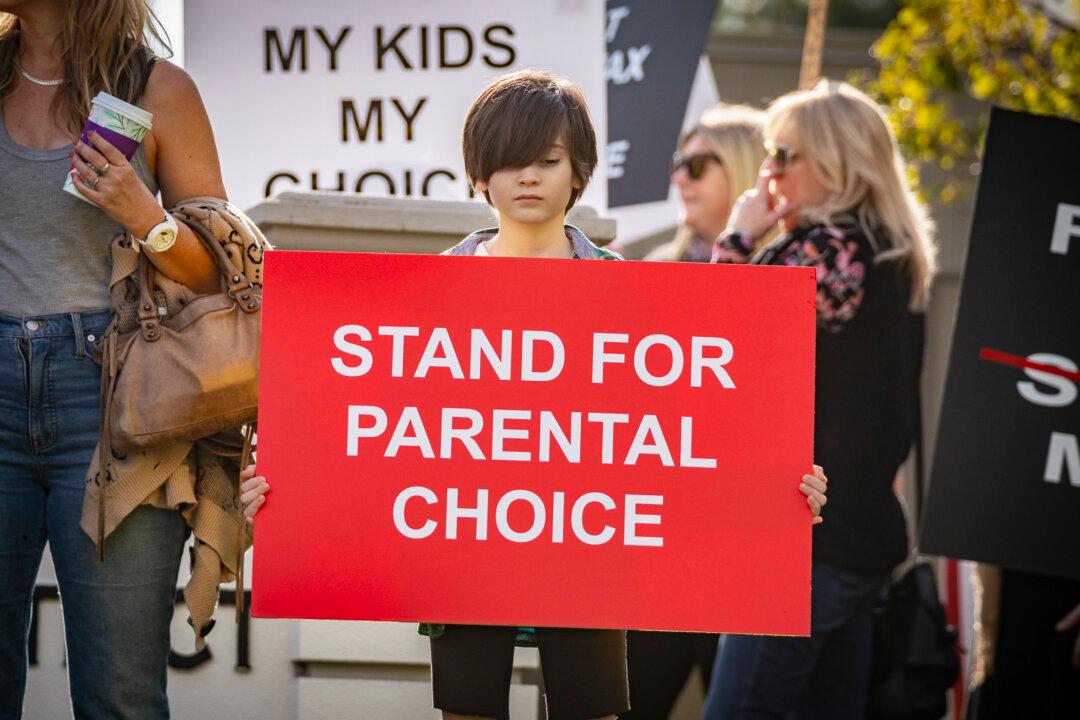Corey DeAngelis, national director of research at the American Federation for Children (AFC), says parents across party lines share the sentiment that political candidates should advocate for parental rights and school choice, or face defeat in the November midterm elections.
In an interview for NTD at FreedomFest 2022, DeAngelis said school choice is popular and politically advantageous, and that at this moment in the United States, coming out against parental rights in education is akin to political suicide.






